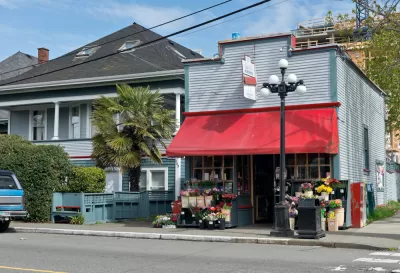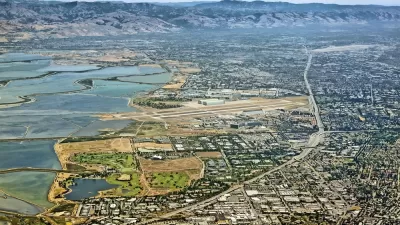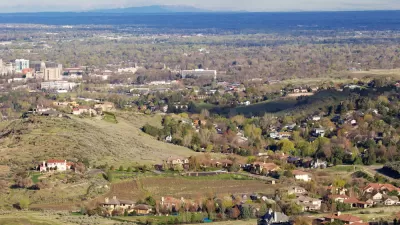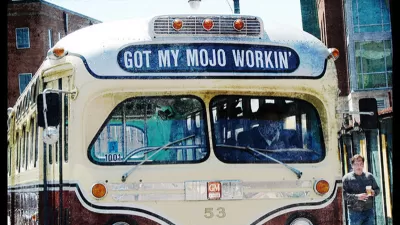A call for zoning reforms that legalize commercial buildings in residential neighborhoods in Seattle—a building type and land use that has fallen out of favor all over the United States.

Sam Kraft, principal of D3 Architects and instructor of architecture at the University of Washington, writes a guest article for The Seattle Times that begins by singing the praises of two building types that are no longer legal in Seattle (like in most cities in the United States): fourplexes and corner stores.
A few corner stores predate the 1923 zoning code written by Harland Bartholomew that implemented a widespread preference for single-family detached housing:
There are a small handful of stores and cafes like Boulevard Grocery (now called Seven Coffee Roasters Market & Cafe) speckled throughout the city’s residential neighborhoods. They have all been in continued operation since at least 1922, weathering the depression, WWII and the Vietnam War, the oil embargo, the Great Recession and now online commerce. Why have they been able to maintain business for 100 years? Because they are beloved local places that connect us — to Seattle’s past; to each other; to the food, drink, art, culture and life of a specific neighborhood. They create more activity on the sidewalk, reducing crime and cars and increasing walking, biking, skipping, scootering and maybe even laughing.
Kraft's appeal is simple: "Let's allow corner stores back into our neighborhoods." The article includes a call to action to appeal to local elected officials with the power to change the city's land use code. An architect in Portland, Oregon made a similar case in 2020, calling for "Accessory Commercial Units," which could be retrofitted for some of the same benefits described by Kraft here.
FULL STORY: Bring back corner stores to create a connected, equitable city

Planetizen Federal Action Tracker
A weekly monitor of how Trump’s orders and actions are impacting planners and planning in America.

Maui's Vacation Rental Debate Turns Ugly
Verbal attacks, misinformation campaigns and fistfights plague a high-stakes debate to convert thousands of vacation rentals into long-term housing.

Restaurant Patios Were a Pandemic Win — Why Were They so Hard to Keep?
Social distancing requirements and changes in travel patterns prompted cities to pilot new uses for street and sidewalk space. Then it got complicated.

In California Battle of Housing vs. Environment, Housing Just Won
A new state law significantly limits the power of CEQA, an environmental review law that served as a powerful tool for blocking new development.

Boulder Eliminates Parking Minimums Citywide
Officials estimate the cost of building a single underground parking space at up to $100,000.

Orange County, Florida Adopts Largest US “Sprawl Repair” Code
The ‘Orange Code’ seeks to rectify decades of sprawl-inducing, car-oriented development.
Urban Design for Planners 1: Software Tools
This six-course series explores essential urban design concepts using open source software and equips planners with the tools they need to participate fully in the urban design process.
Planning for Universal Design
Learn the tools for implementing Universal Design in planning regulations.
Heyer Gruel & Associates PA
JM Goldson LLC
Custer County Colorado
City of Camden Redevelopment Agency
City of Astoria
Transportation Research & Education Center (TREC) at Portland State University
Jefferson Parish Government
Camden Redevelopment Agency
City of Claremont





























